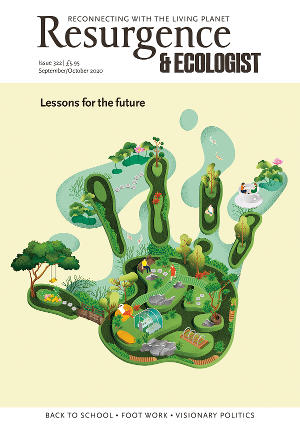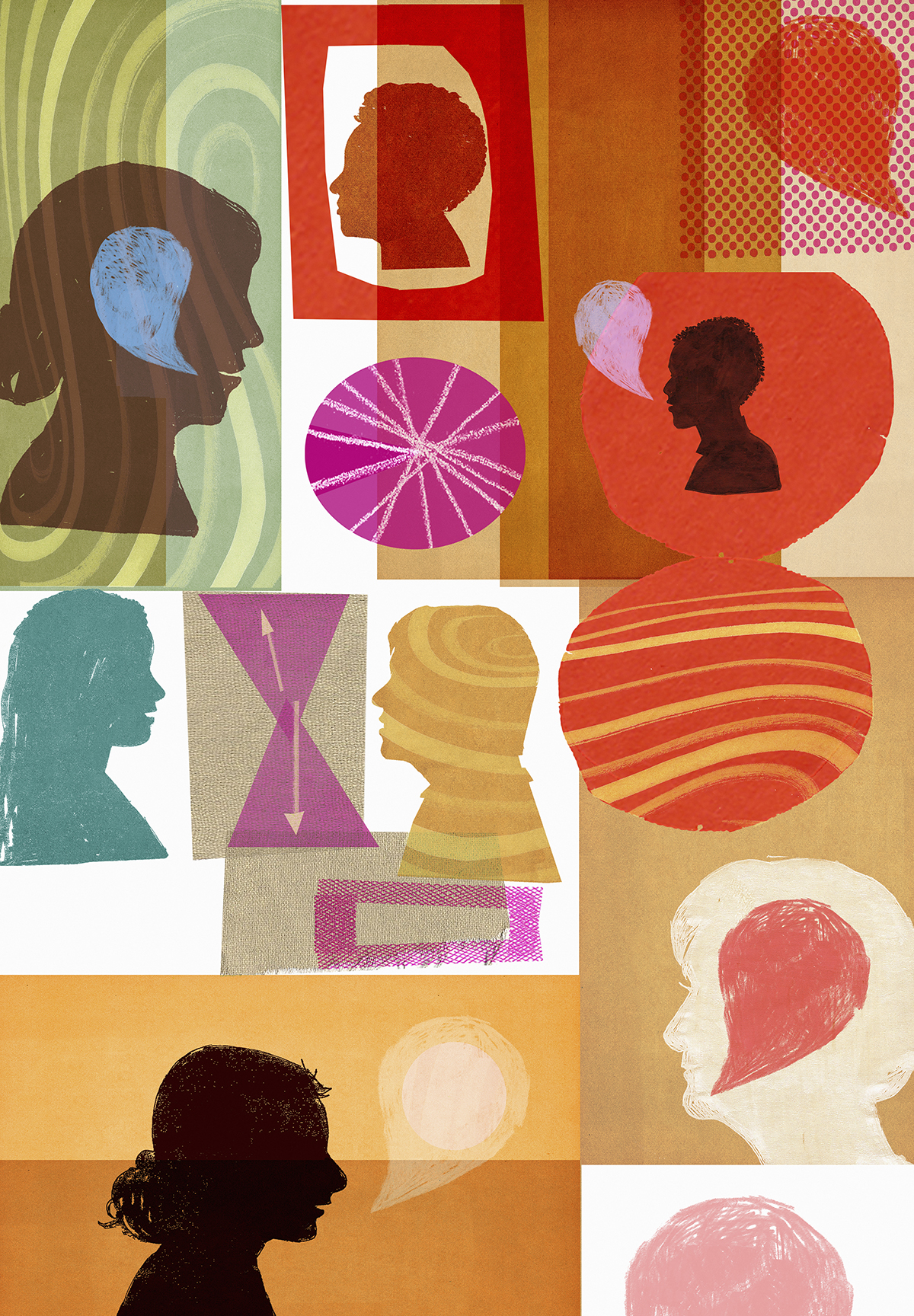A young environmental activist has launched an online network of 4,000 student volunteers who are translating climate change research into more than a hundred languages to make information much more accessible to non-English speakers.
Sophia Kianni began verbally translating climate information into Farsi six years ago to educate her aunts and uncles in Iran when she learned that they knew almost nothing about climate change. The teenager, who is based in Virginia, US, says this helped them to change their mindset: “They started to realise how scary the information was and how detrimental climate change would be to my future. My relatives started taking steps to lessen their carbon footprint. Now they’re really eco-conscious. They use less water, turn off lights, actively recycle and compost. If an entire community can do this, politicians and elected officials are going to be more influenced to care, and they are the ones who can bring in legislation that will have a giant impact.”
Having worked with several different climate organisations, including Extinction Rebellion and Fridays For Future, Kianni realised that almost all their graphics and leaflets, posts and toolkits are available in English, and sometimes French and Spanish, but they rarely get translated into other languages. “I realised this was a huge problem in the climate community. People need to know there’s a climate crisis happening,” says Kianni, who believes that the severe lack of access to climate information is interlinked with climate justice: “Climate change predominantly affects people of colour, so it’s important to educate a diverse coalition of people who understand the ramifications of climate change. Otherwise you’re skewing the number of people who know about climate change to the white, affluent population, who get taught more about this.”
In 2012, researchers concluded that most scientific papers are published in English, and in 2016, a University of Cambridge study found that languages are still a significant barrier to the global transfer of scientific knowledge.
So, when high schools closed and lockdown began in March, Kianni decided to use her time at home constructively and launched Climate Cardinals – named after the Virginia state bird – as an international non-profit platform to increase environmental awareness around the globe. She will also connect with 18,500 students from around the world through collaboration with the International Student Environmental Coalition to help her translate climate science into languages such as Hebrew, Turkish, Urdu, Mandarin and Hindi. Her volunteers are mostly aged between 14 and 19. “The students all feel great about being involved because they feel they’re contributing to something important, but they benefit too.” She explains that some are gaining experience of managing a team, while others are developing their teamwork skills, and often they might be native speakers, but this is helping them to become more fluent in their second language.
According to Joe Hobbs, director of operations, who is also an organiser and climate activist with Fridays For Future, the global climate organisation that mobilises millions of young people, Climate Cardinals solves a huge problem for people who don’t speak English: “By translating climate information into so many languages, we can reach more people around the world and explain the science and urgency of climate change. Climate Cardinals is necessary to help educate our globe on climate change.”
Anna Turns is a freelance journalist.








